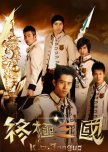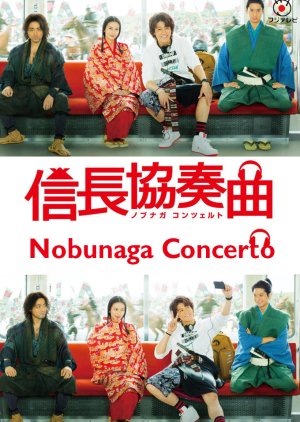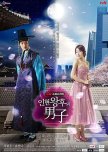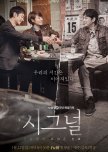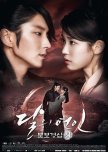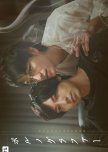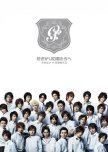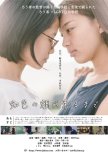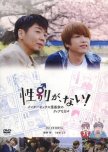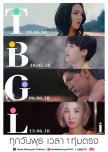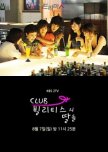
A similar tale of a young man who struggles through modern day life and finds himself transported back in time which changes his mindset for the better.
While Nobunaga Concerto is during Sengoku, Junihitoe wo Kita Akuma is during Heian. Both features a fearsome woman that leaves a big impression on the main lead.
While Nobunaga Concerto is during Sengoku, Junihitoe wo Kita Akuma is during Heian. Both features a fearsome woman that leaves a big impression on the main lead.
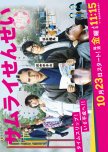
Similar but opposite tale of time traveling.
In Nobunaga Concerto, the lead travels back in time to Sengoku.
In Samurai Sensei, the lead travels from Bakumatsu to modern day.
Both have perfect balance of comedy and seriousness, as the leads try to figure out how to fit in and adapt to the new timeline, while learning new things about life.
In Nobunaga Concerto, the lead travels back in time to Sengoku.
In Samurai Sensei, the lead travels from Bakumatsu to modern day.
Both have perfect balance of comedy and seriousness, as the leads try to figure out how to fit in and adapt to the new timeline, while learning new things about life.
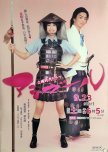
The leads coming from a modern age end up back in time to the age of warring states, where samurai exists; and try to temporary live in such a world full of strife. They encounter, move the people around them, and fall in love. The only big difference is in Ashi Girl, it's the female lead; while in Nobunaga Concerto, it's the male lead.
